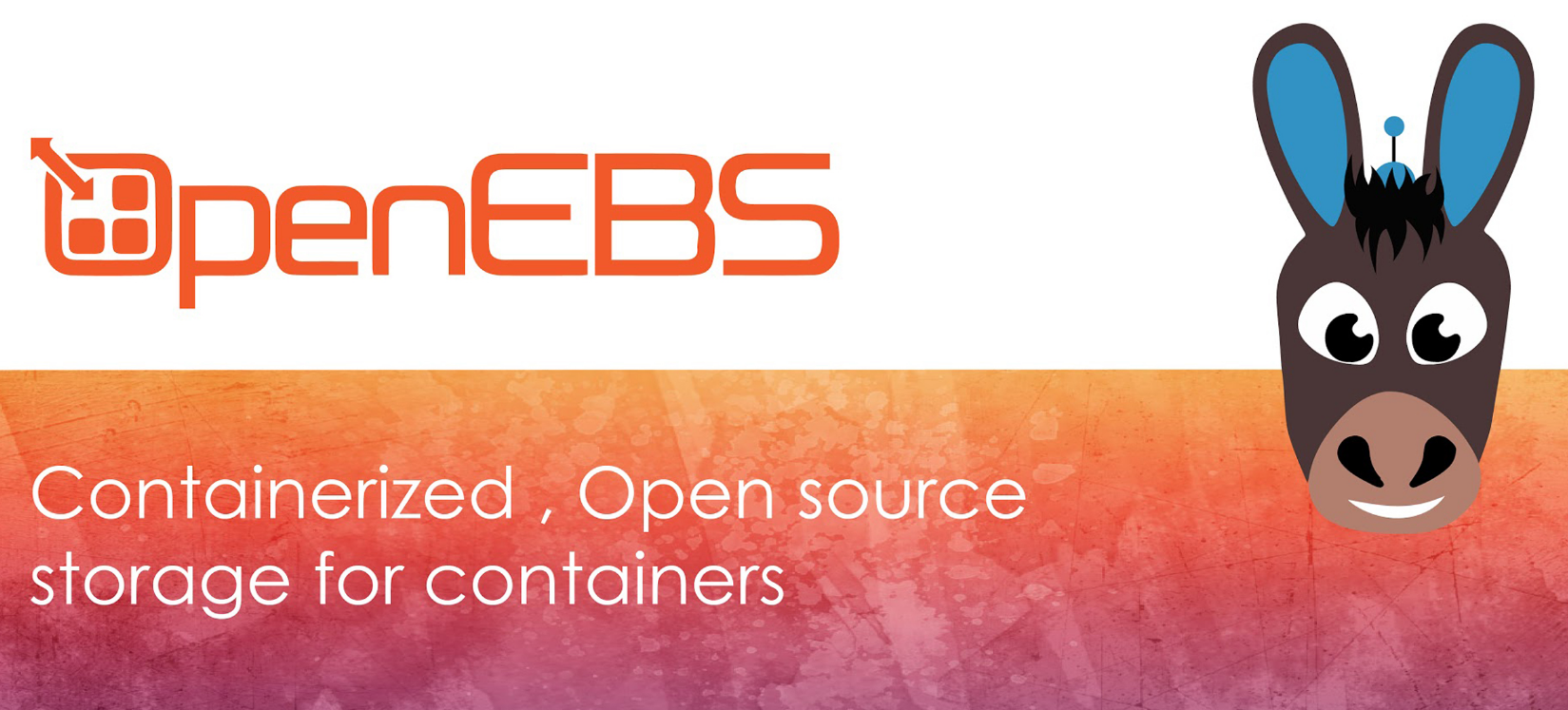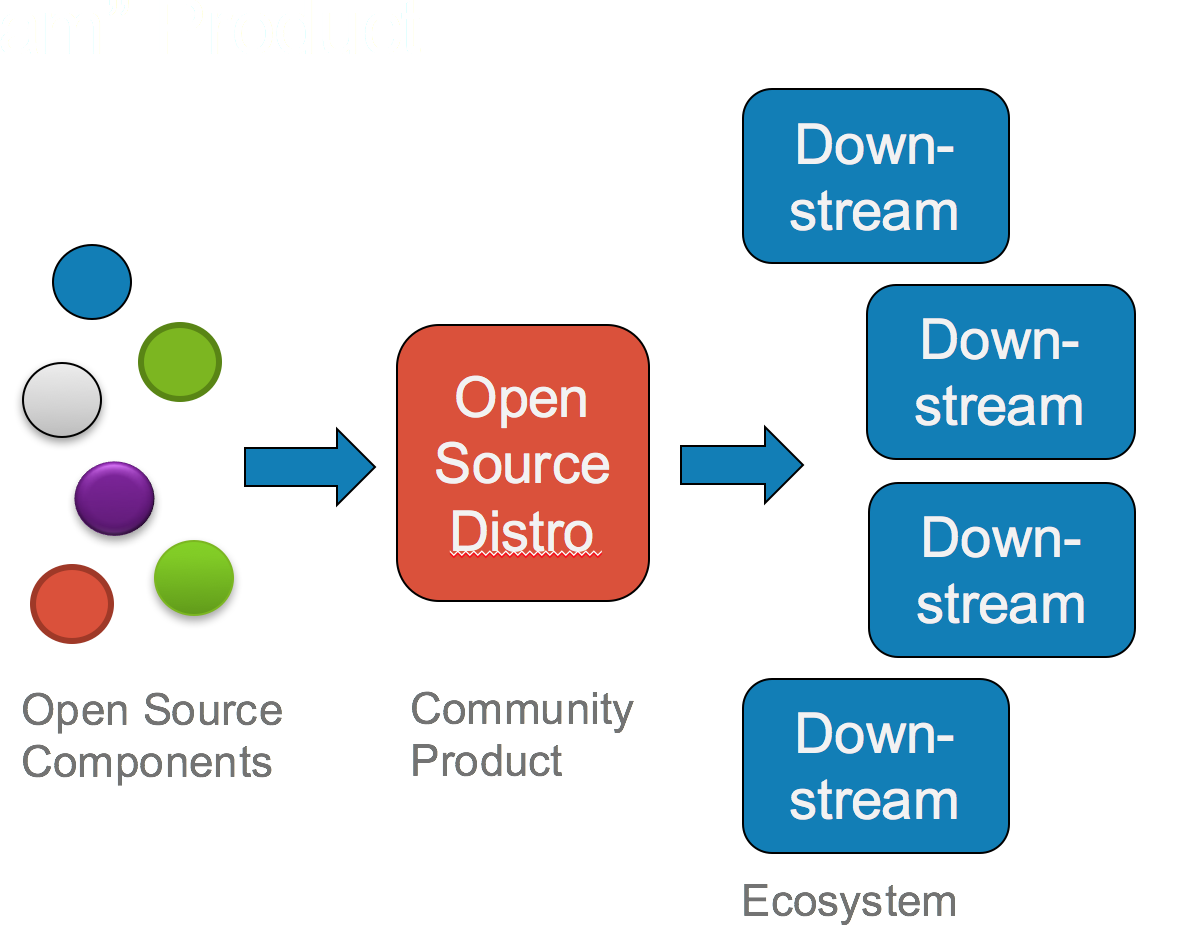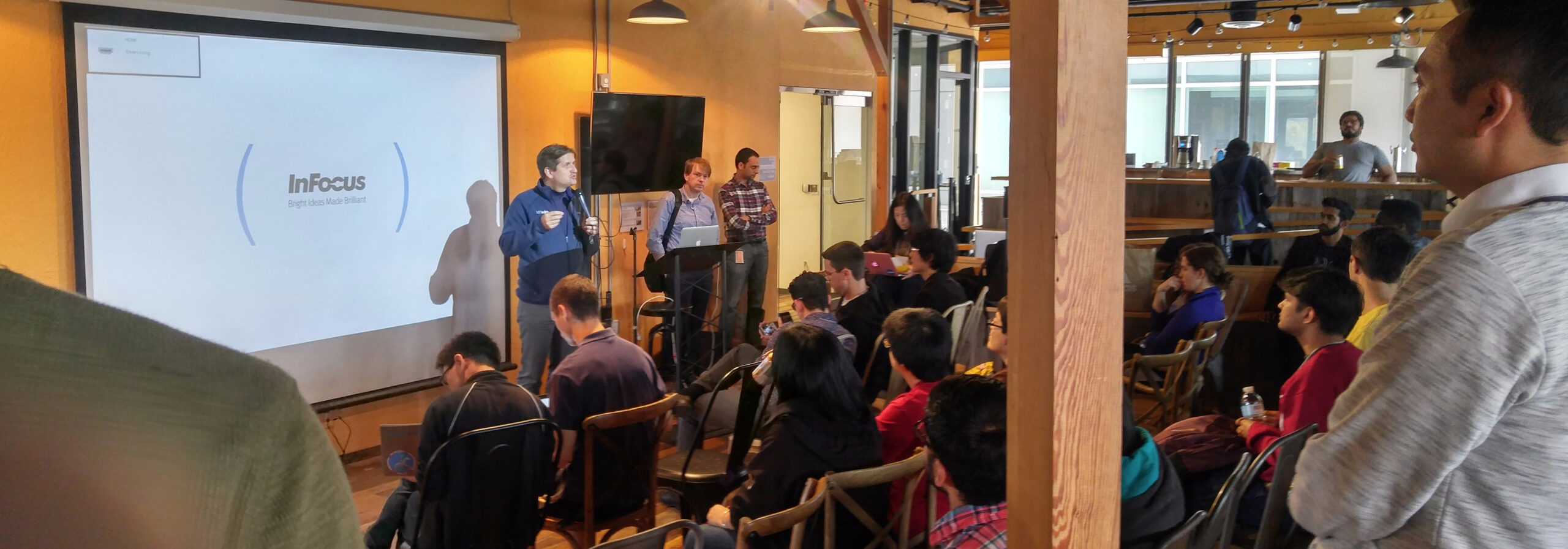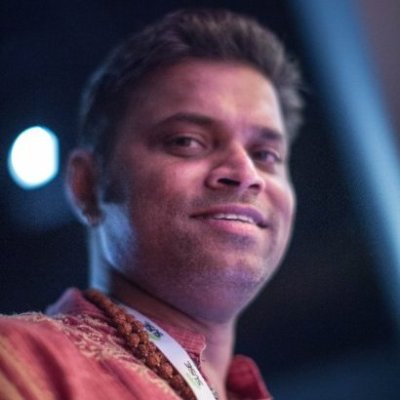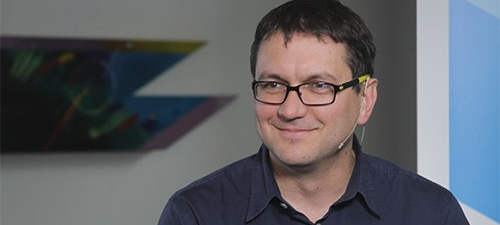https://www.meetup.com/OSENMeetup/events/241212309/
Thanks to Acquia and Underscore VC for hosting our next meetup on Wednesday, July 19, at Acquia’s corporate headquarters in downtown Boston!
Here’s the agenda:
6pm: Food and drinks are served
6:30: Evan Klein, Black Duck Software
Evan is the Manager at Black Duck’s Center for Open Source Research and Innovation and wrote the 2017 Open Source Security and Risk Analysis.
Black Duck On-Demand performed security audits of more than 1000 commercial applications in 2016. Analysis of the findings confirm the importance of open source in application development, with 96% of the applications scanned utilizing open source. However, it also highlights the persistent challenges organizations face in effectively securing and managing their open source. Black Duck’s Open Source Security and Risk Analysis (OSSRA) reveals that versions of some of the most commonly used components contained high-risk vulnerabilities, and that 67% of the audited applications contained known open source vulnerabilities.
7pm: David Hurley, Mautic
The Mautic community believes in giving every person the power to understand, manage, and grow their business or organization. Mautic is focused on helping this belief become a reality by getting powerful marketing automation software into the hands of everyone.
When David Hurley (@dbhurley) began Mautic he had a big goal. A plan to move horizons, and change the world. He foresaw Mautic as software made by the people and for the people and as such the community became a top priority and integral part. Those people interested in becoming involved in a community with a vision to change the world should consider getting involved in Mautic. People are the priority. Equality is the goal.
7:30pm (time willing): John Mark Walker, OSEN
The importance of the community distribution in product development.

